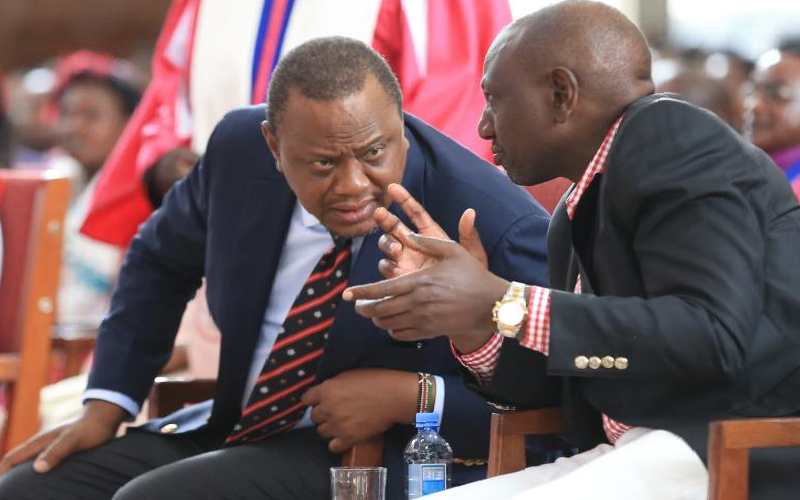×
The Standard e-Paper
Home To Bold Columnists

The Jubilee Party has been the first to emerge from the stupor occasioned by the Coronavirus (Covid-19), to get back to political business. Business within the political class in Kenya means scheming, backstabbing and squabbling.